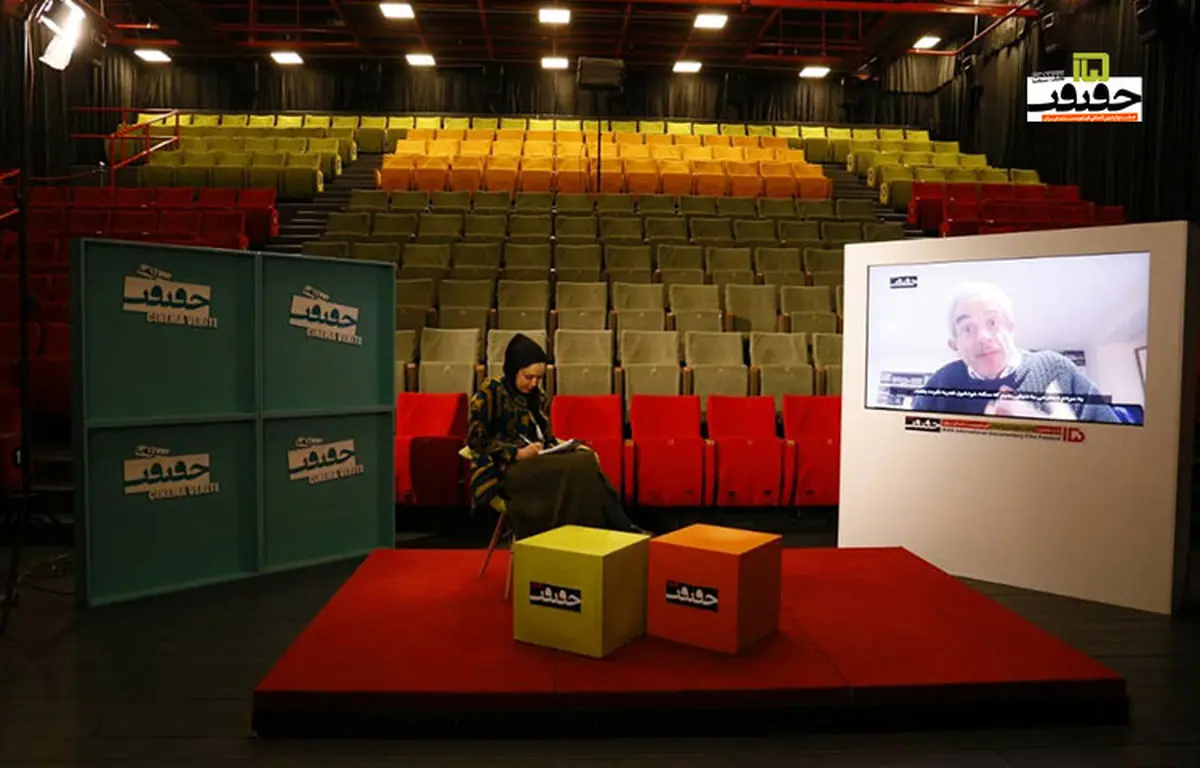Documentary Editing Masterclass with David Charap in Iran’s Cinema Verite

Highly acclaimed cinema editor David Charap said the current feeling in the film is an significant issue and it should not be overlooked.
Highly acclaimed cinema editor David Charap said the current feeling in the film is an significant issue and it should not be overlooked.
Charap made the remarks in a workshop called the "Art of Documentary Editing" on the sidelines of the 15th edition of the Iran International Documentary Film Festival “Cinema Verite" currently underway in Tehran.
Charap has so far edited several documentaries and feature films and worked with several well-known international directors including such as Paul Pavlikowski, Mark Isaacs and Kevin MacDonald.
"The editing aspect of the film is a kind of surprise, and a great tool is at the disposal of the editor of a work, such as the bolts of the work, where every small change in the smallest details can deconstruct the audience's feelings," he added.
Charap underscored that the important thing is that the story of the film is told in a specific way, and this task is the responsibility of the documentary filmmaker.
He added that: “The documentary says that this was what you saw and knew, now look at the issue from this angle once again.”
During the meeting, he aired clips that were part of the documentaries he had made and explained how to compile them.
Charap continued: "The viewer must be given a reason to watch the documentary, and as the film progresses, the editor must take steps to answer a question and be careful to avoid fabrication and pretense as much as possible."
"Finally, you have to be aware that as an editor you have to do something to make the director show his creativity and make his work stand out," he said.
“You have to enjoy working in different mediums and forms, and life is full of angles that can portray a single reality in different ways,” he added.
"But what ultimately appears on the screen has passed through the editor's gaze, and he can change the order of events and the temporal scale in order to arrive at a higher truth," Charap said.
He said: “The story should be presented in the clearest and most concise way possible so that the audience follows the story and a question is formed in his/her mind and in this way the truth is presented to him bit by bit. To do this, you need to find the key elements of the documentary and highlight them.”
